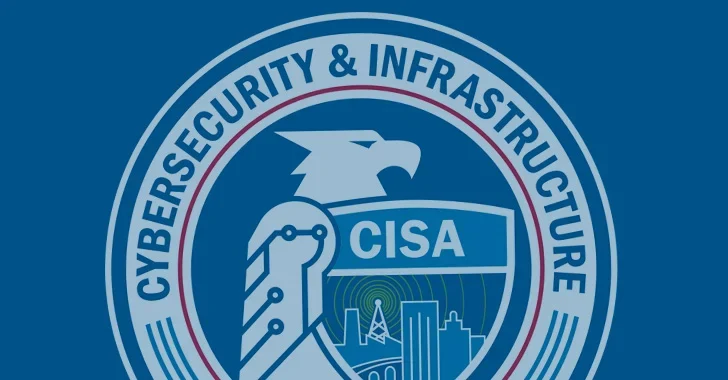CISA ransomware warning program will launch this year

The Cybersecurity and Infrastructure Security Agency, an arm of the Department of Homeland Security, is rolling out a program that warns organizations about potential ransomware attacks, CyberScoop reports. The program is currently running as a pilot and will be fully operational by the end of 2024. About 7,000 organizations have signed up for the pilot. So far, CISA has issued 2,049 warnings since the pilot was launched in January 2023. “The warning pilot is focused on reducing the prevalence of ransomware by using our vulnerability scanning tools to let businesses know if they have vulnerabilities that need to be patched,” CISA Director Jen Easterly told CyberScoop. To get alerts, organizations need to sign up for CISA’s cyber hygiene scanning tool. According to CISA’s FAQ page for the program, the tool “[e]valuates external network presence by executing continuous scans of public, static IPv4s for accessible services and vulnerabilities. This service provides weekly vulnerability r...





